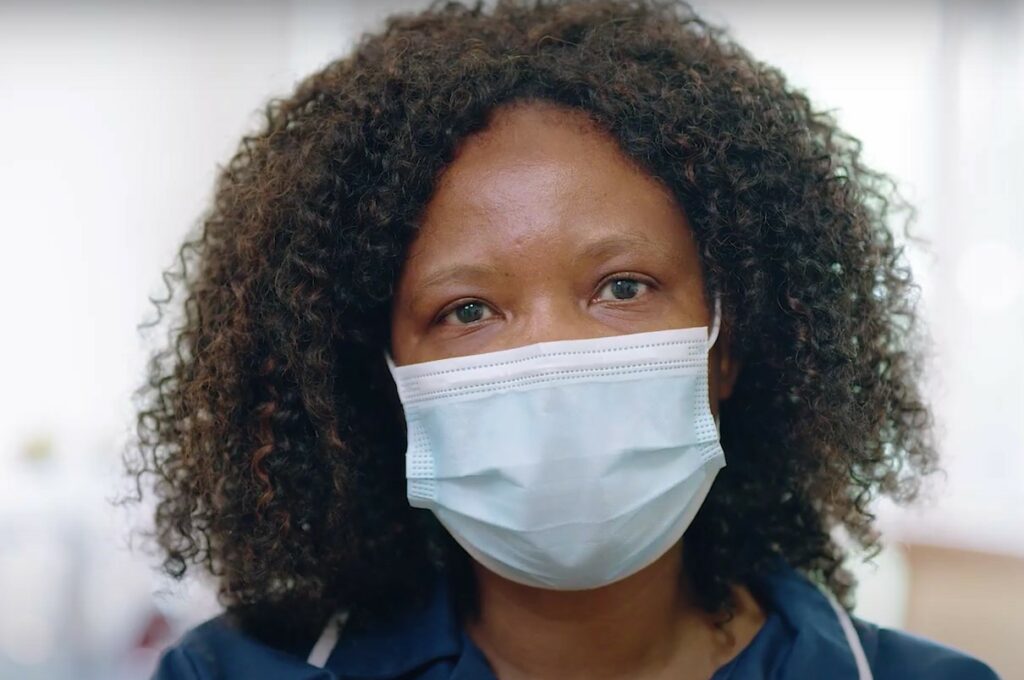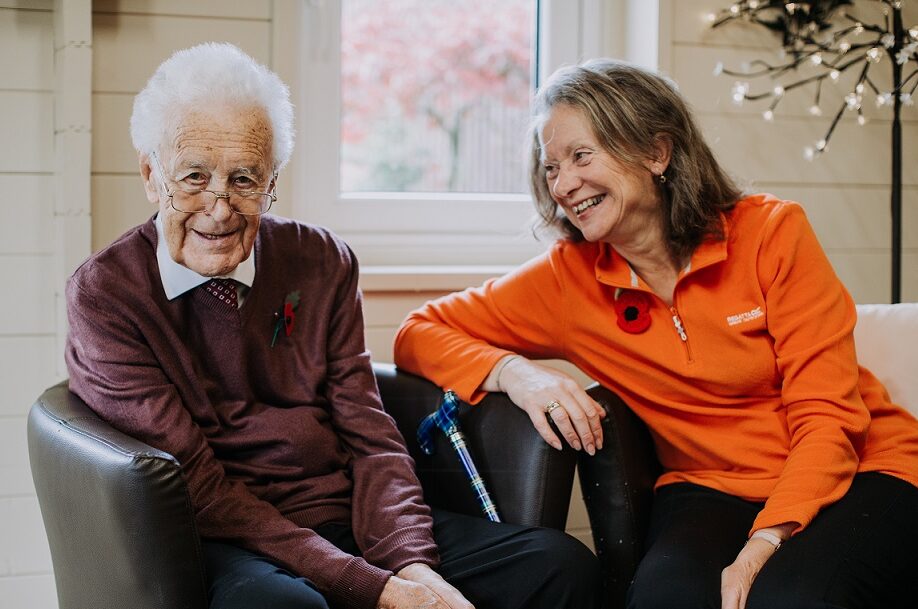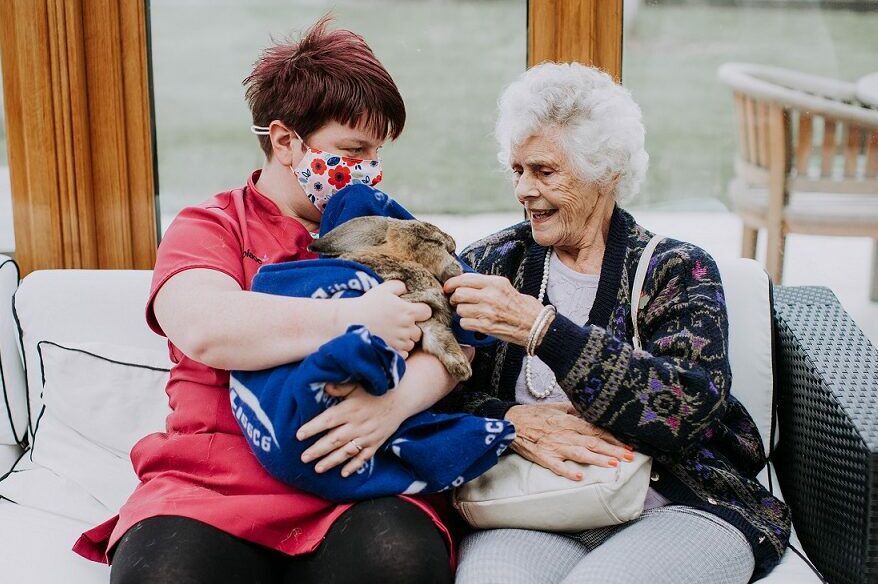coronavirus
Life may seem to be back to normal, but COVID-19 and its many variations have not gone away. A growing number of people are sadly suffering the reality of that statement, each and every day, with symptoms of Long COVID.
Vickie Peters, Deputy Director of Infection Prevention and Control at Cygnet Health Care, explains what the healthcare company is doing to protect its service users and staff from the impact of seasonal flu and the potential resurgence of COVID-19.
You don’t have to be a fan of Game of Thrones to know ‘winter is coming’. And while we might wish we had a few fire breathing dragons around to help with the heating, the issues we face as a health and care system require some real world resolve and practical solutions to match.
Making sure vaccination consent is in place for staff and care home residents ahead of the autumn COVID-19 booster programme is essential. As Deborah Sturdy, Chief Nurse for Adult Social Care says in her latest blog: "The ever present threat of new, more infectious, variants demands there be no complacency."
Being an unpaid carer during a global pandemic takes its toll, as does its aftermath. The impact is not just physical and emotional, it’s financial too. From speaking with her networks of unpaid carers, Fatima Khan-Shah knows these issues are front and centre of their minds during this year’s Carers Week.
"The coronavirus pandemic has brought infection prevention and control (IPC) into sharp focus" says Chief Nurse for Adult Social Care, Deborah Sturdy, in her latest blog, marking the recent publication of updated IPC guidance and resources.
Family, friends, and external carers are integral to care home residents’ wellbeing and safety. The relationships they have with their loved ones underpin who they are and remain just as important, if not more so, when people move into a residential service.
The Adult Social Care Booster Taskforce has published a new paper, written for adult social care and vaccine leads from Local Authorities, Integrated Care Systems, and providers. By bringing local learning into one place, Protecting the Adult Social Care sector – Good Practice for Local Booster Vaccination aims to share and replicate good practice across the country.
"The words ‘thank you’ do not seem enough to express my gratitude for the incredible work you have all done to keep residents, colleagues and communities safe, both as individuals and teams, throughout 2021. They are, however, deeply heartfelt" says Chief Nurse for Adult Social Care, Deborah Sturdy in this Christmas message to the care workforce.
The nights are drawing in and autumn is becoming winter. This change in season brings with it increasing risks from seasonal viruses, including flu. UKHSA's Dr. Éamonn O'Moore explains why getting the flu jab is more important than ever.









